 WhatsApp
WhatsApp
 Call Us
Call Us
 Email Us
Email Us
 Whatsapp Community
Whatsapp Community
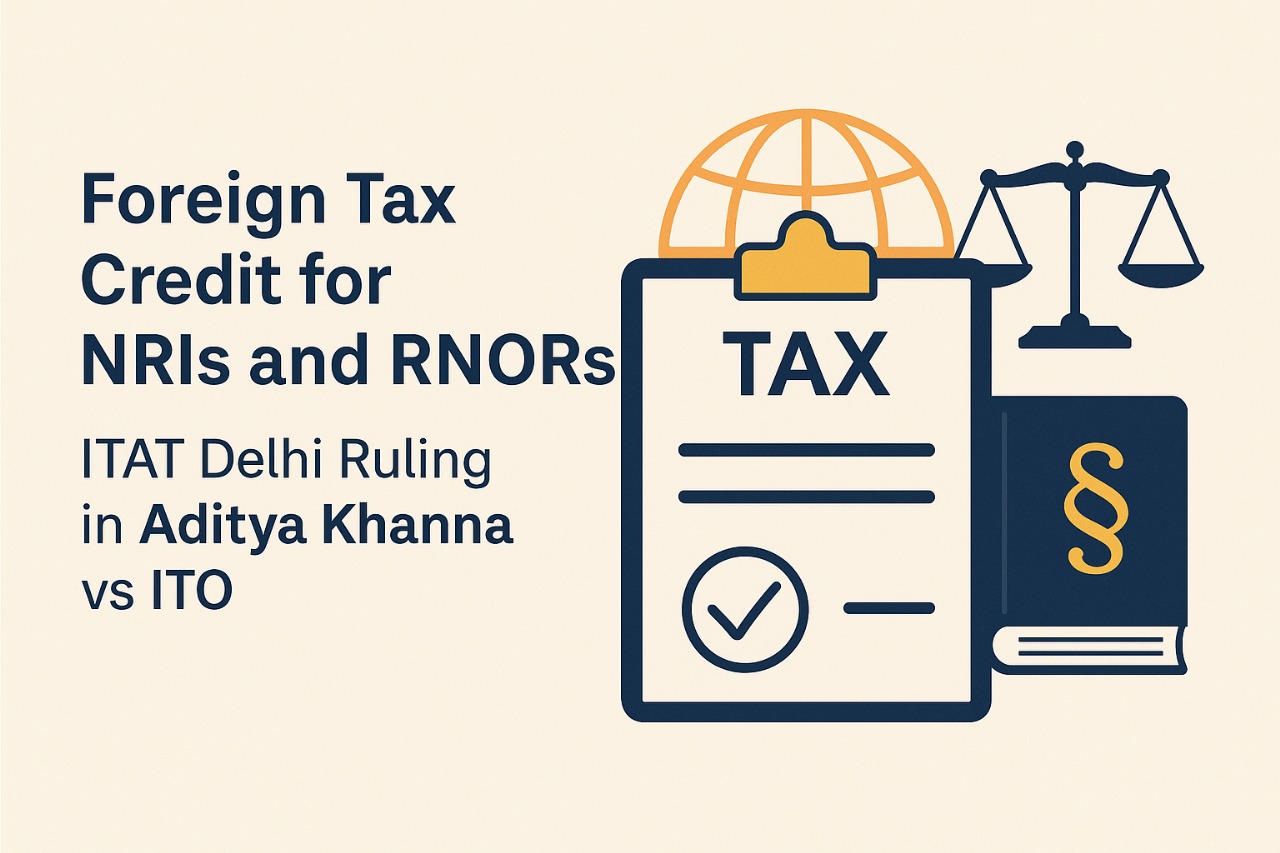
Many NRIs and returning Indians face double taxation—paying taxes both in India and abroad on the same income. To address this, the Foreign Tax Credit (FTC) mechanism under Section 90 and Section 91 of the Indian Income Tax Act allows Indian residents to claim credit for taxes paid overseas.
The ITAT Delhi ruling in Aditya Khanna vs ITO (AY 2011–12) is a landmark judgment clarifying two crucial aspects for NRI taxation and cross-border income reporting:
Can U.S. State Taxes (like New York State tax) be claimed as part of the Foreign Tax Credit in India, or is relief restricted to Federal Taxes only?
Case Overview: Aditya Khanna vs ITO (International Taxation)
Assessee: Mr. Aditya Khanna
Assessment Year: 2011–12
Residential Status: Resident but Not Ordinarily Resident (RNOR)
Employment: Allen & Co., USA
Stay in India: 224 days
Income Declared: Proportionate U.S. salary for Indian stay period
Claim: Foreign Tax Credit under Section 91 for both Federal and New York State Taxes paid in the U.S.
Tax Department’s Stand
The Assessing Officer (AO) and CIT(A) denied credit for U.S. State Taxes, allowing FTC only for Federal Taxes.
Their reasons:
He relied on key judicial precedents:
Applicable where India has signed a Double Taxation Avoidance Agreement. Relief is provided only for taxes covered under the treaty, usually Federal Income Tax.
Applies where no DTAA exists or where it is more beneficial to the taxpayer.
Covers income-tax paid to any part of a foreign country, including State or Local taxes.
Defines Resident, Resident but Not Ordinarily Resident (RNOR), and Non-Resident (NRI) classifications—key to determining the scope of taxable foreign income.
The Tribunal, citing Wipro Ltd and Tata Sons Ltd, held that:
“Income-tax in relation to any country includes income-tax paid to any part of that country or to a local authority.”
Thus, U.S. State Taxes, such as New York State Tax, also qualify for Foreign Tax Credit under Section 91.
The ITAT confirmed that RNORs fall under the broader category of “residents” under Section 6.
Therefore, RNORs are entitled to claim Foreign Tax Credit under Section 91, just like other residents.
Under Section 90(2), if domestic law (Section 91) offers greater benefit than the DTAA, taxpayers may opt for it.
Since Section 91 allows credit for both Federal and State taxes, it can be used even if the DTAA provides narrower relief.
This judgment provides clarity and significant benefit for:
The ITAT Delhi judgment strengthens the interpretation of foreign tax credit for NRIs and RNORs by recognizing:
The Aditya Khanna vs ITO (ITAT Delhi) case reaffirms India’s approach toward avoiding double taxation and ensuring equitable treatment for global Indians.
It establishes that Section 91 of the Income Tax Act applies even to U.S. State Taxes and RNOR taxpayers, offering broader relief than the India–U.S. DTAA.
For NRIs, RNORs, and expatriates, this case emphasizes the importance of structured tax planning, correct residency classification, and claiming eligible FTCs to minimize tax outflows and stay compliant.
Dinesh Aarjav & Associates (DAA) is a leading Delhi-based Chartered Accountancy Firm specializing in NRI taxation and cross-border financial advisory. With over 25 years of global experience, we assist NRIs, OCIs, and returning Indians with:
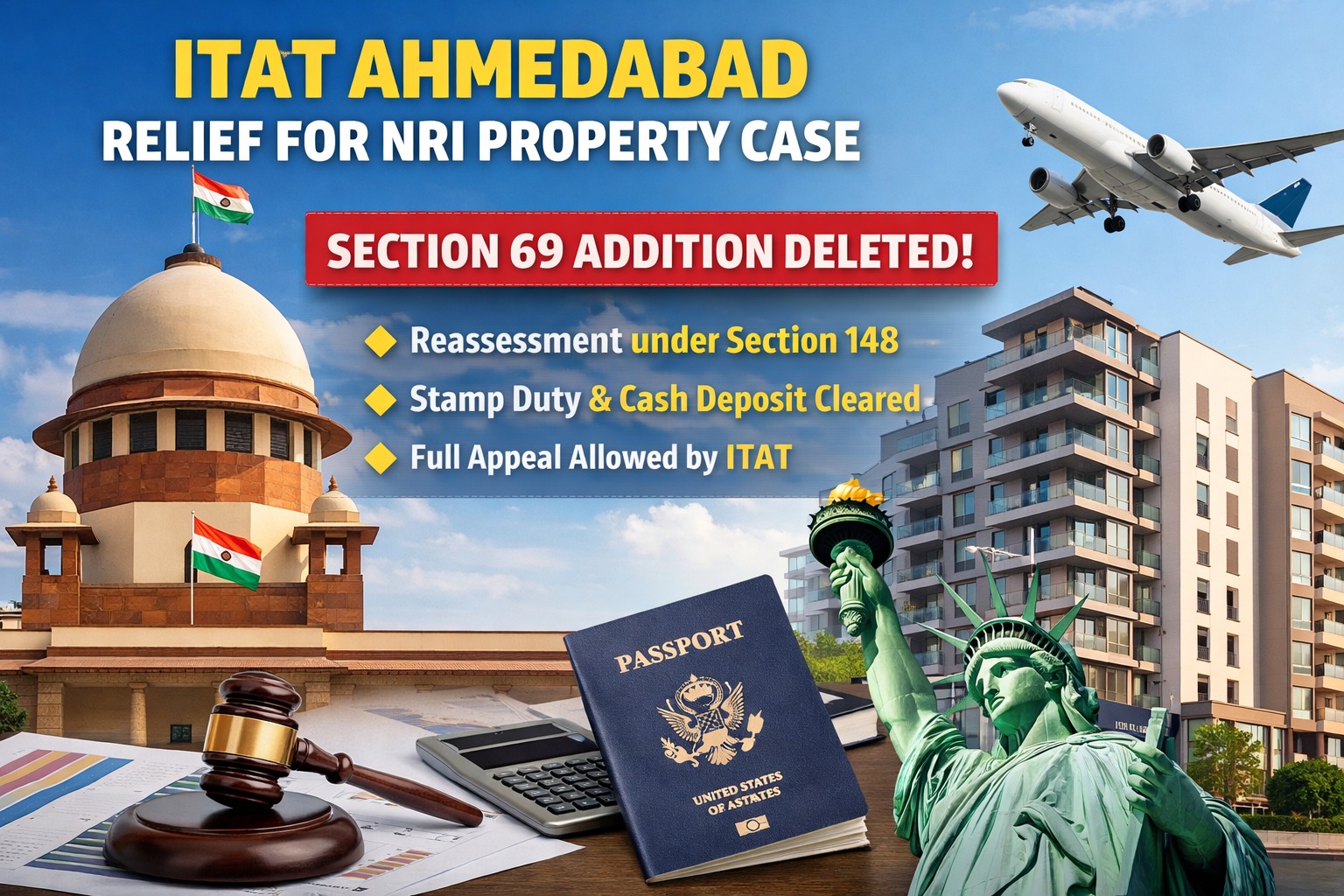
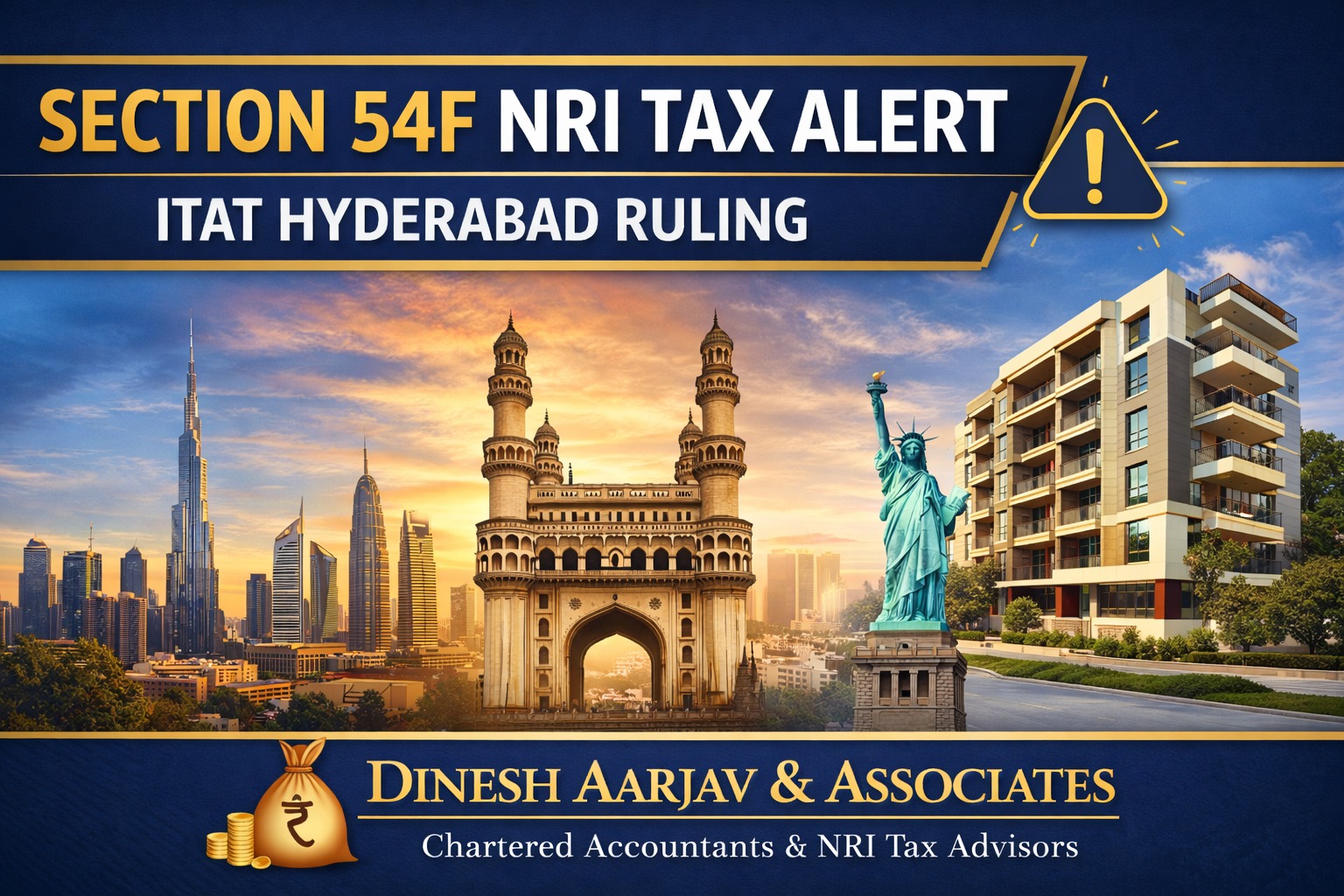
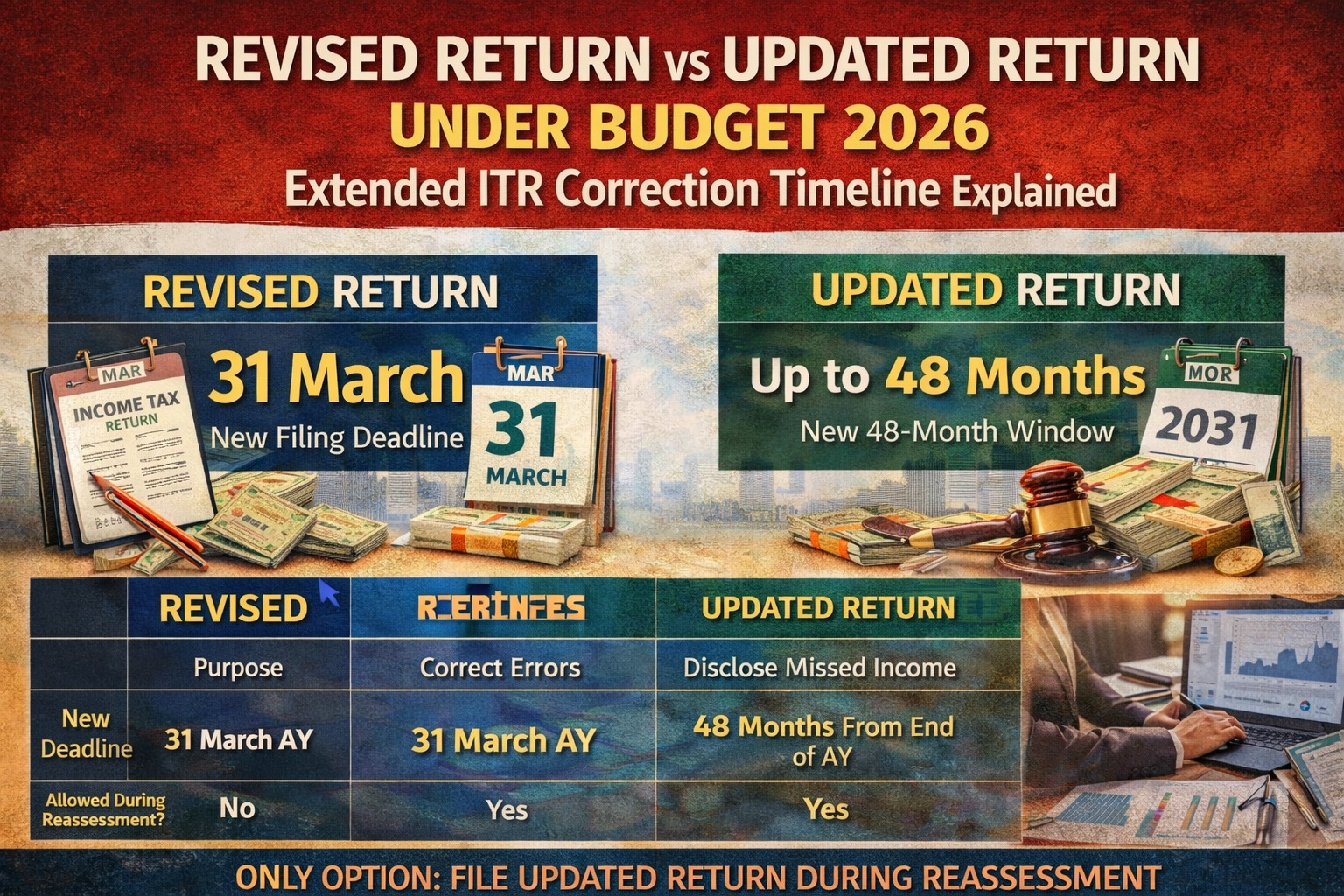

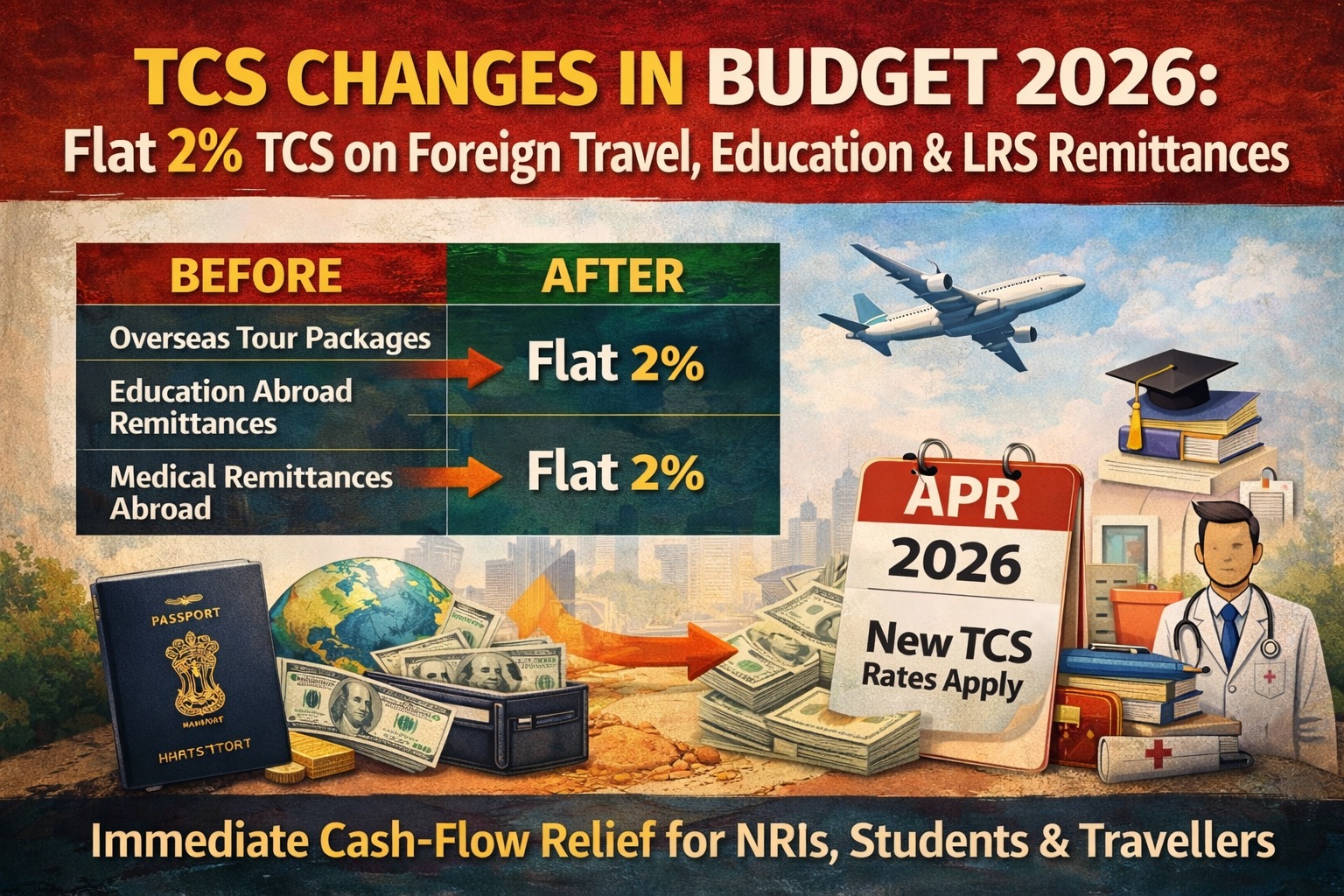


Stay in the loop, subscribe to our newsletter and unlock a world of exclusive updates, insights, and offers delivered straight to your inbox.